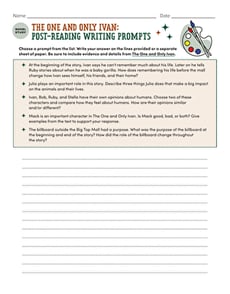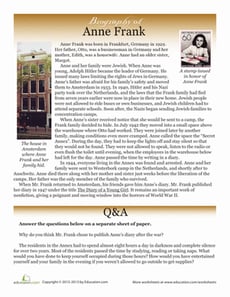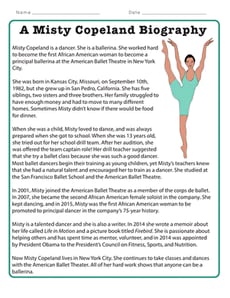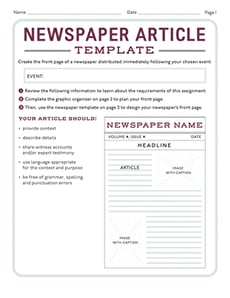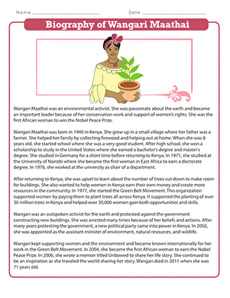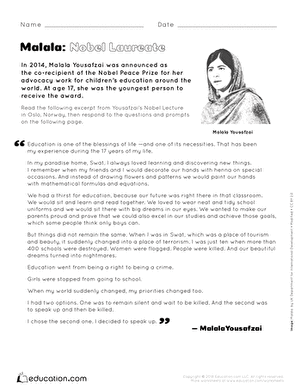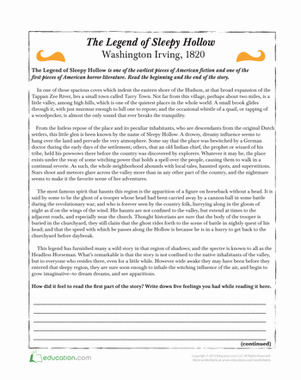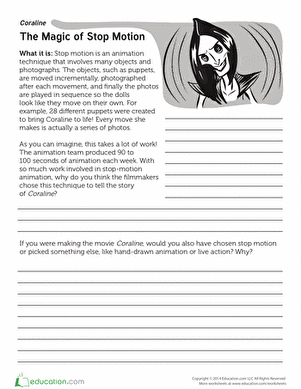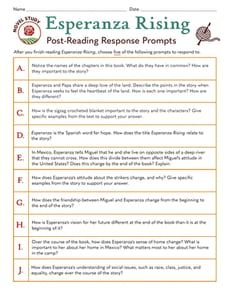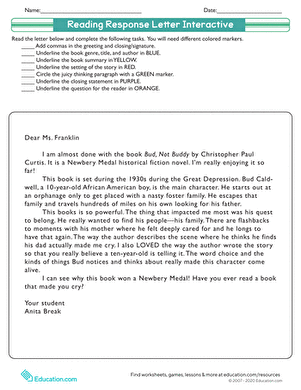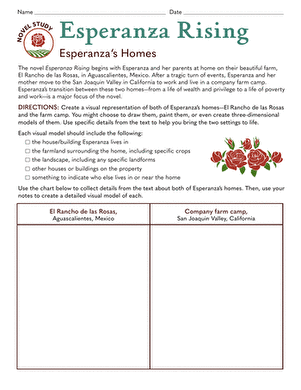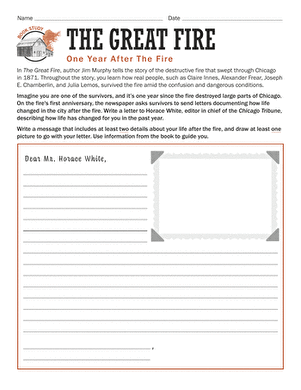5th Grade Reading Response Resources
About 5th Grade Reading Response Resources
On Education.com, fifth grade reading response resources explore how students can engage critically with texts by discussing characters, plot, themes, and author’s purpose. These materials help students develop reading comprehension and analytical skills through practice with worksheets, guided questions, and writing exercises that encourage thoughtful responses.
Fifth grade reading response resources include printable activity pages, interactive charts, and teacher-developed lesson plans that make it easier for students to connect with literature. Educators and parents can use these materials to structure reading lessons, reinforce comprehension strategies, and track student progress step-by-step.
Using these resources at home or in the classroom supports students in expressing ideas, developing interpretive skills, and building confidence in reading. With structured prompts and engaging exercises, children learn to analyze texts, articulate opinions, and apply critical thinking to enhance classroom learning and beyond.
Fifth grade reading response resources include printable activity pages, interactive charts, and teacher-developed lesson plans that make it easier for students to connect with literature. Educators and parents can use these materials to structure reading lessons, reinforce comprehension strategies, and track student progress step-by-step.
Using these resources at home or in the classroom supports students in expressing ideas, developing interpretive skills, and building confidence in reading. With structured prompts and engaging exercises, children learn to analyze texts, articulate opinions, and apply critical thinking to enhance classroom learning and beyond.


